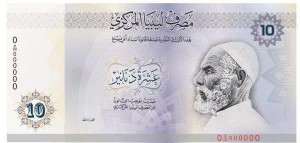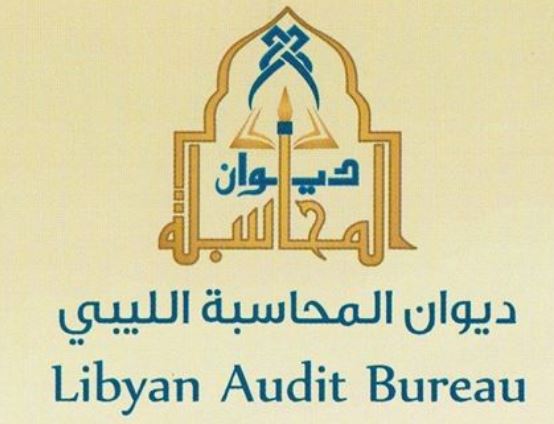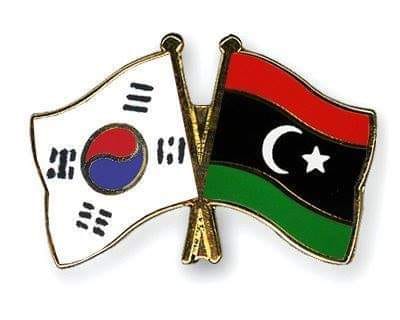By Sami Zaptia.

London, 17 March 2019:
The economic, fiscal and monetary fundamentals of Libya have always been very strong but managing these fundamentals was ‘‘catastrophically destructive. It cannot have been worse’’, leading businessman Husni Bey told Libya Herald today.
Reviewing the current Libyan economic and business situation, Bey pointed out that since October 2018 people’s sentiment has improved and the purchasing power of the Libyan dinar (LD) is on positive ground and ‘‘doubled in five months’’.
Bey’s opinion counts as he owns or holds shareholdings in a string of leading international brands, retail stores and in logistics . He is in daily touch with the pulse of Libya’s business environment.
Bey pulled no punches on his views of how the current Faiez Serraj government, the Central Bank of Libya (CBL – West and East) and the Tripoli Audit Bureau have handled Libya’s economic crisis. ‘‘The dinar purchasing power, after its recent gains, has the potential to double again in no time – if the corrective measures are taken and decreed by Mr Serraj’’, he added.
‘‘The inflation rate has also moved into negative grounds as reported by the CBL (-1.9 percent) for the last quarter of 2018 and is expected to shrink further in the first quarter of 2019 after having been a galloping inflation for four consecutive years accumulating to over 600% since 2012’’.
The economic sentiment today is high, jump started by the introduction of a 183 percent foreign exchange Surcharge. Bey explained that this is ‘‘very high since the introduction of the foreign exchange surcharge in October 2018’’and must be built upon with further moves . He said that this ‘‘marked a turning point since the low point, gloom and self-inflicted economic destruction of 2014’’.
While commending the recent reform package passed by the Serraj administration and the CBL in September 2018, Bey is adamant that ‘‘Much more can be achieved with little or minimal risk !’’ Bey highlighted three additional reforms that could quickly lift the Libyan economy even further into a growth rate of over 20 percent per annum .
The first of these would be subsidy reforms through a cash transfer, in the way of substituting existing subsidised goods such as fuel, for a cash payment to every Libyan citizen. This would be a system to equitably distribute Libya’s rentier resources across all of Libya’s socio-economic levels.
Various Libyan governments have been talking about subsidy reforms for years. Prime Minister Ali Zeidan talked about the reforms, but like all Prime Ministers before and after him, none has seen it as opportune or had the political courage to introduce them. This being the case even though the parliament of the time, the General National Congress (GNC), had passed an article in the Budget law of 2014 imposing the subsidy reform through a cash transfer by the end 2014.
Secondly, Bey is calling for the unification of the official foreign exchange rate for all purposes paid out by the CBL. Currently the CBL gives some preferential exchange rates to government so-called investment projects. This is distorting the market and making it an uneven playing field for the private sector. This makes it difficult for the private sector to invest and take risks and replace the Qaddafi era state as the main engine of business.
Finally, Bey believes that the Serraj government and the CBL should restart the payment of the Child Benefit as per law 26 of 2013. The CBL decided to suspend this during the economic crisis.
Besides these new measures, Bey is also critical of the US$ 500 per person annual Family Allowance. This is sold to Libyans at the official exchange rate of LD 1.4 per dollar, costing the Libyan state a total of US$ 3.7 bn per year.
Moreover, the CBL has announced that this will be doubled to US$ 1000 per person, costing the Libyan state US $7.4 bn. Bey believes that the sum of both disbursements totalling US $ 11.1 bn must be reversed.
He says that this seemingly beneficial action is in fact benefiting only a few Libyans, totalling no more than 40 percent of the population. He believes that 60 percent of the population actually have no disposable income to buy the hard currency annual Family Allowance. He believes this huge amount of money should be used in a much more efficient and effective way that would strengthen the economy and achieve long term growth.
It will be recalled that the Serraj government has made it clear that the reforms they have introduced since September 2018 are only the first phase of a larger reform programme. They have been very cautious and conservative in the depth and speed of their reforms. Six months since the introduction of those reforms, Mr Bey feels that the economy is in a much better shape than the government sees it and feels other reforms should be introduced at once.
https://www.libyaherald.com/2018/12/04/libyan-dinar-gains-value-as-economic-reforms-take-effect/
https://www.libyaherald.com/2018/11/24/libyas-economic-reforms-have-been-successful/
https://www.libyaherald.com/2018/09/13/libyas-economic-reforms-a-tax-levy-on-foreign-currency-sales-increased-currency-allowances/
https://www.libyaherald.com/2018/09/13/long-promised-economic-reforms-agreed/
.









